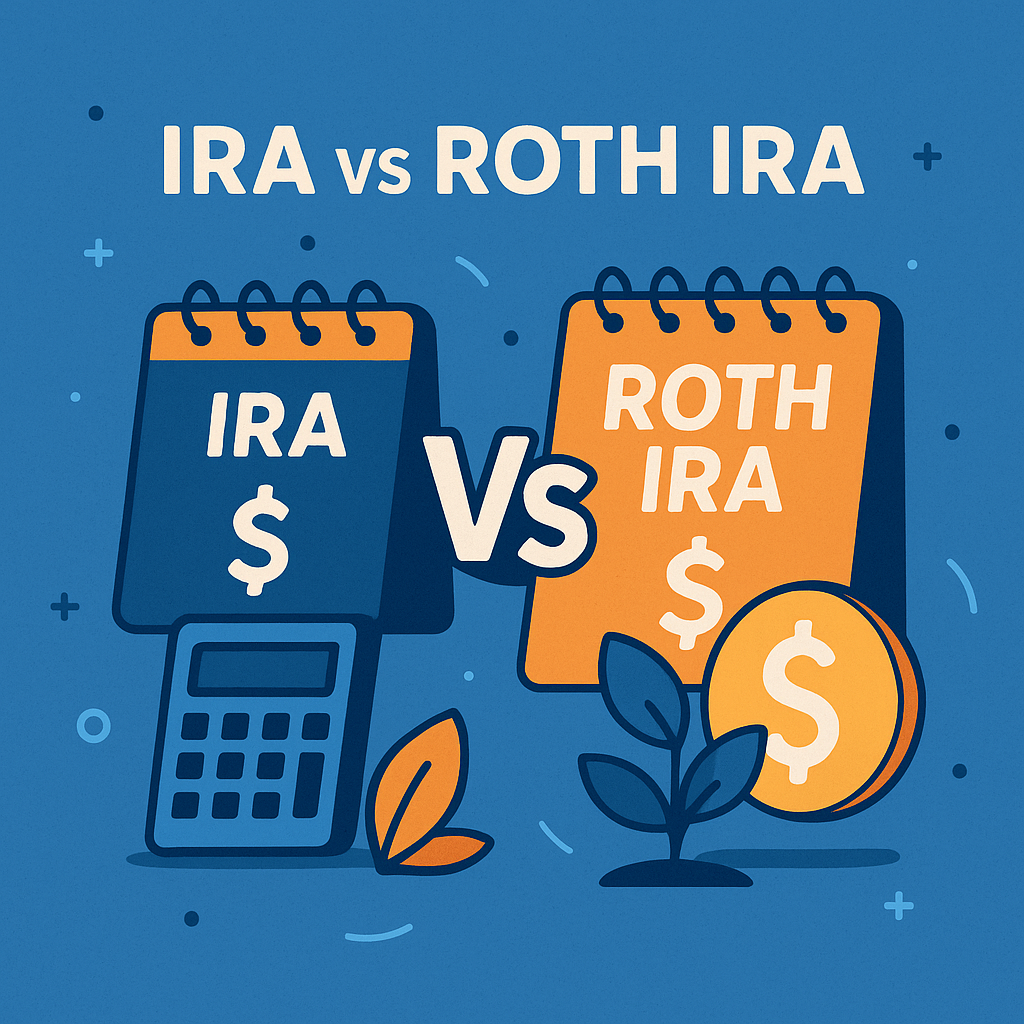Should You Contribute to an IRA or Roth IRA? Tax Impacts Explained
When planning for retirement, choosing between a Traditional IRA and a Roth IRA can be a game-changer for your taxes—both now and in the future. Here’s a quick breakdown to help you decide what’s right for you:
🧾 Traditional IRA: Tax Savings Now
Contributions may be tax-deductible (depending on your income and if you have a workplace plan).
Your investments grow tax-deferred, and you pay taxes when you withdraw in retirement.
Best if you expect to be in a lower tax bracket later.
💵 Roth IRA: Tax-Free Income Later
No upfront deduction, but your money grows tax-free.
Qualified withdrawals in retirement are 100% tax-free 🎉
Ideal if you’re in a lower tax bracket now and expect it to rise.
📊 2025 Contribution Limits:
Up to $7,000 ($8,000 if age 50+) for either IRA type.
Income limits apply for Roth IRA contributions (phase out begins at $146,000 for single filers in 2025).
🕒 When to Choose Which?
Traditional IRA: If you want a tax break today.
Roth IRA: If you’re planning for tax-free income tomorrow.

✅ Pro Tip: If you’re not sure what your future tax rate will be, consider splitting contributions between both accounts—many people do!